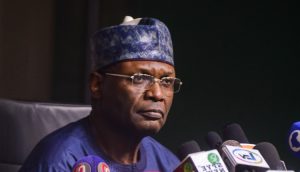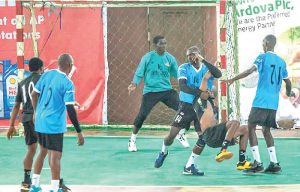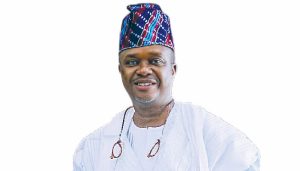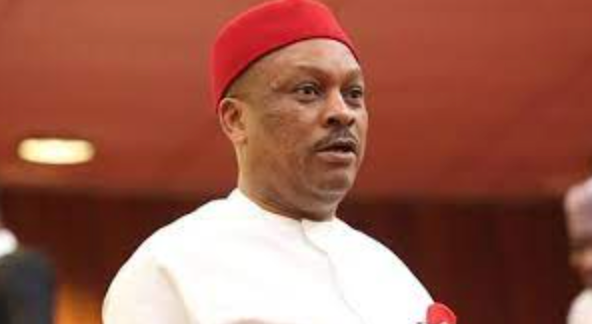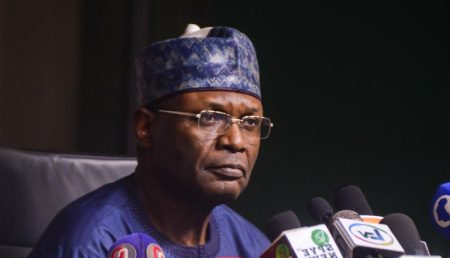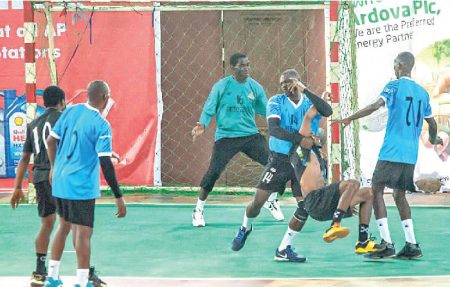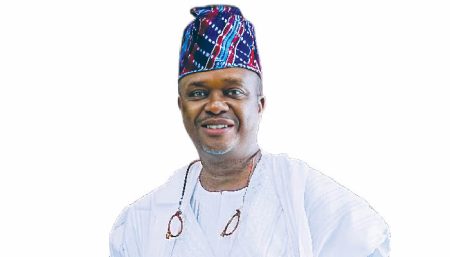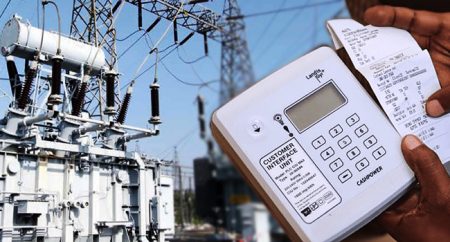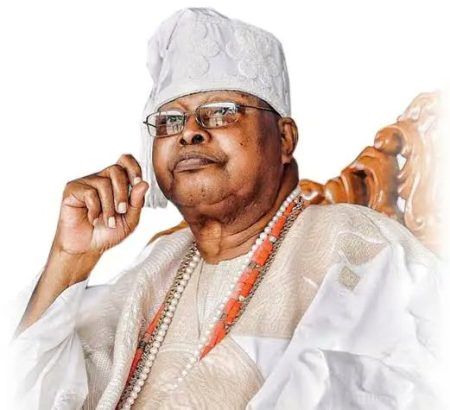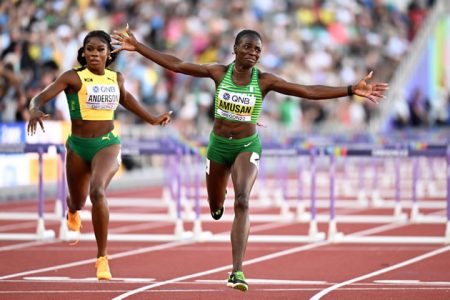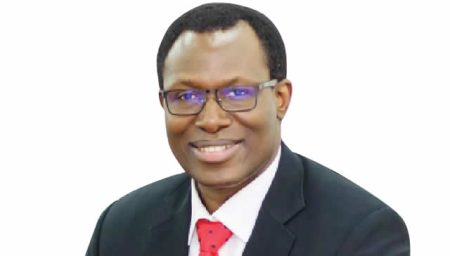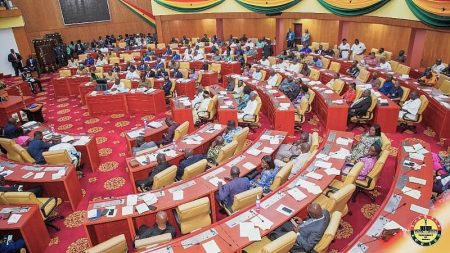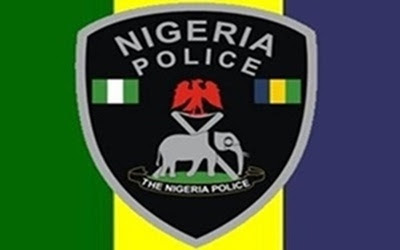The Peoples Democratic Party (PDP), Nigeria’s main opposition party, is embroiled in a deep internal crisis that has escalated with the conflicting pronouncements regarding the reinstatement of the party’s National Secretary, Senator Samuel Anyanwu, and the scheduling of a crucial National Executive Committee (NEC) meeting. The discord centers around the authority to make such decisions and has created a significant rift within the party’s leadership. Eleven out of nineteen members of the National Working Committee (NWC) have openly rejected Anyanwu’s return and insisted that the planned NEC meeting proceed as scheduled, directly contradicting statements made by the Acting National Chairman, Umar Damagum.
The crisis unfolded when Damagum, accompanied by prominent party figures like Bauchi State Governor Bala Mohammed and former Senate President Bukola Saraki, announced Anyanwu’s reinstatement and the cancellation of the NEC meeting in favor of an Expanded Caucus meeting. This announcement was swiftly countered by eleven NWC members who issued a strong statement refuting Damagum’s claims and asserting the supremacy of the NEC as the party’s highest decision-making body, second only to the National Convention. They emphasized that no individual or organ, including the NWC, can overrule or alter a NEC resolution, citing the party’s constitution. This direct challenge to Damagum’s authority has further deepened the existing fissures within the party and highlights the power struggle at play.
The dissenting NWC members argued that Damagum’s pronouncements lacked constitutional basis and reiterated the binding nature of the NEC’s resolution to hold its 100th meeting on the scheduled date. They underscored the importance of upholding the party’s constitution and respecting the established decision-making processes. The public disagreement between the Acting National Chairman and a significant portion of the NWC exposes a lack of unity and coordination within the party’s leadership, raising concerns about the PDP’s ability to effectively function as a cohesive opposition force.
The eleven NWC members who signed the statement represent a substantial portion of the committee and include key figures such as the Deputy National Chairman (South), the Acting National Secretary, the National Treasurer, the National Publicity Secretary, and National Vice Chairmen from various regions. This broad representation within the dissenting group suggests a widespread dissatisfaction with Damagum’s actions and a determination to uphold the established party structures and procedures. The public nature of this dispute further undermines the party’s image and raises questions about its internal stability.
The underlying reasons for the conflict remain somewhat unclear, but the power dynamics within the PDP are undoubtedly a contributing factor. The dispute over Anyanwu’s reinstatement and the NEC meeting may be symptomatic of larger struggles for control and influence within the party. The timing of this crisis, as the party prepares for future elections, further complicates matters and could potentially impact the PDP’s ability to present a united front and effectively challenge the ruling party.
The ongoing internal crisis within the PDP has significant implications for the party’s future. The public display of disunity and the challenges to leadership authority could erode public trust and weaken the party’s ability to mobilize support. Resolving this crisis effectively and restoring internal cohesion will be crucial for the PDP to regain its footing and remain a viable political force in Nigeria. The outcome of this power struggle will likely shape the party’s trajectory in the coming months and could significantly impact the country’s political landscape. The need for internal reconciliation and adherence to the party’s constitution is paramount for the PDP to overcome this challenging period and effectively fulfill its role as a major opposition party.


